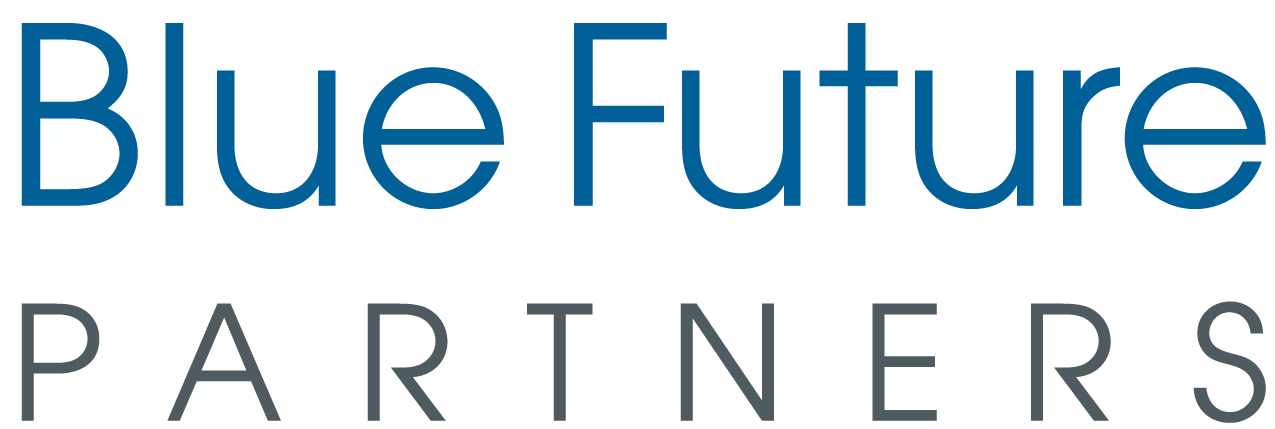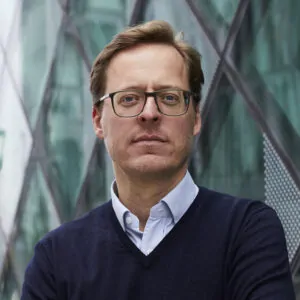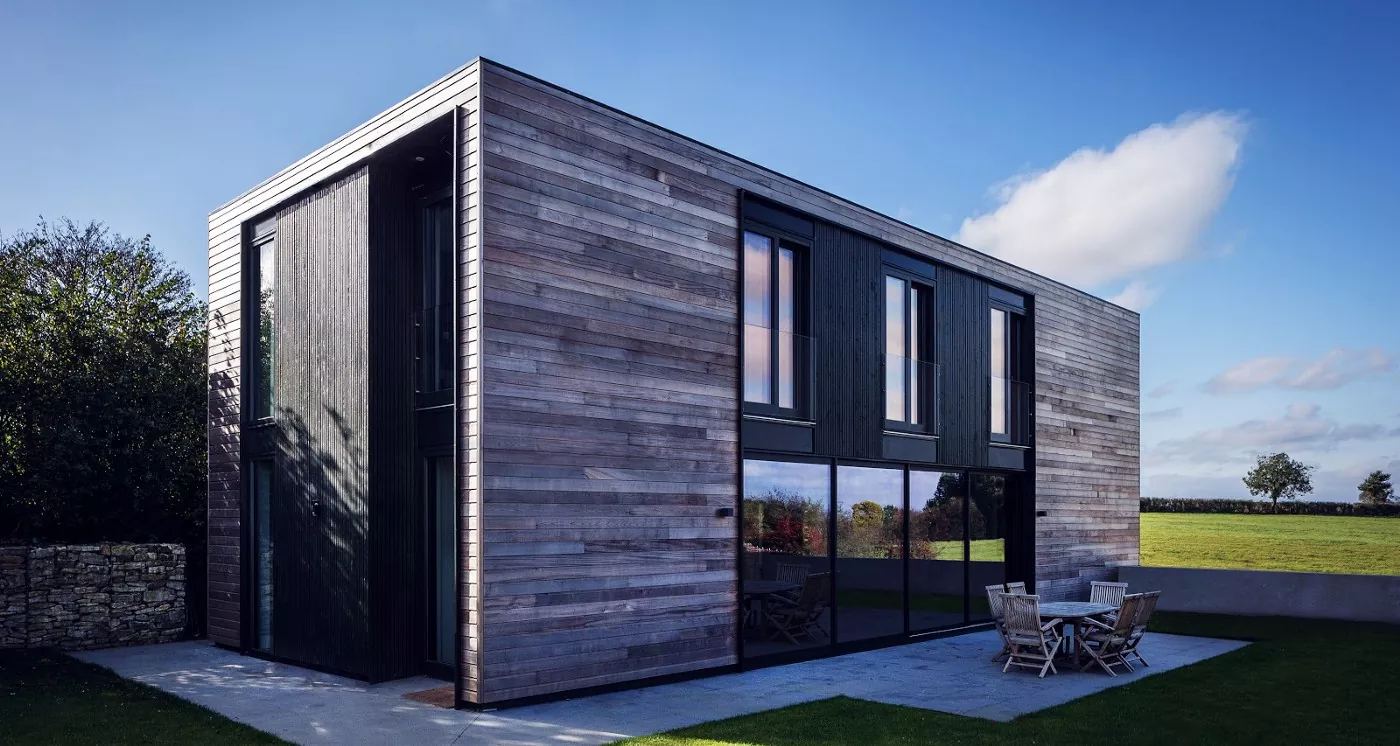These young prefab companies are changing the way family homes are made
Prefabrication is not just a hype. The technology of building homes inside a factory has become widespread, especially for small, temporary and movable homes. But permanent and larger houses can be prefabricated, too. There is a growing number of exciting companies who are experimenting with new ways to build family homes, with a vision to offer cheaper prices, make architect-designed homes available to more people and alleviate housing shortages.
Taking into account factors like innovative technologies, outstanding design, speed of construction and eco-friendliness, we put together a list of the 7 most promising prefab startups to keep on your radar:
Founded in France in 2015, the breakthrough technology of PopUp House lies in pre-producing rectangular wooden blocks and snapping them together into a complete home similar to how lego pieces are joined together. The company can finish a home onsite in just a few weeks, with only a screwdriver needed. A PopUp House meets the highest eco-standards, is completely recyclable and comes at turnkey prices of 1100€ to 1700€/m², which is comparable with traditional housing. The downside: for now, the house is only available in France.
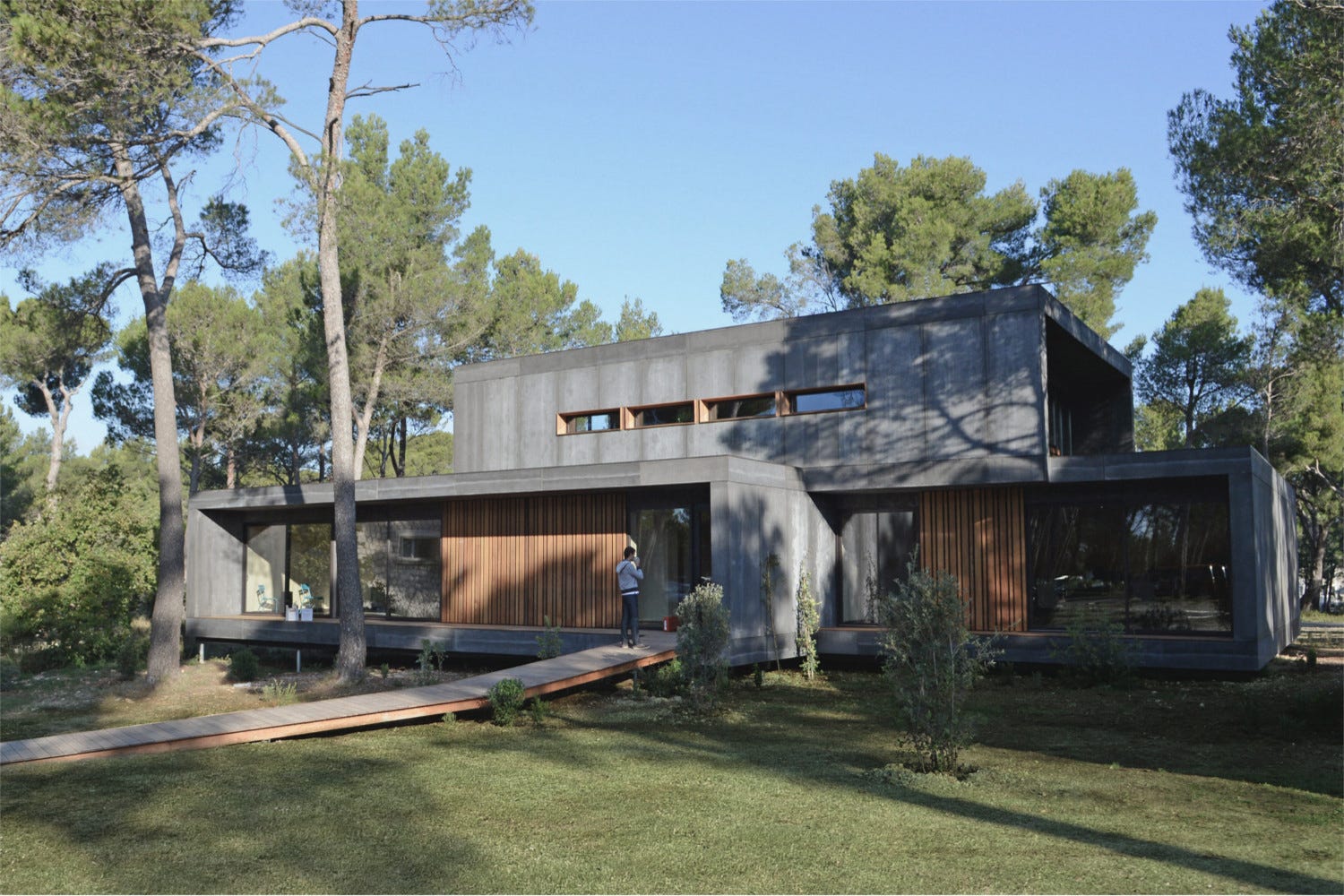
(Photo: PopUp House)
The UK is suffering from its worst housing shortage to date, especially in larger cities. The government estimates that 300.000 homes need to be built per year to keep up with demand (right now the number is about half), while London residents spend half their income on rent. Property startup Cube Haus is attempting to put a dent into this crisis. It creates modular, architect-designed homes that can be built on small, neglected or difficult plots of land. Among the architects collaborating with Cube Haus is the famous David Adjaye, who was knighted in 2017 for his services to architecture. The company’s mission is to make premium architect-homes more affordable, with a three-bedroom home costing around £750,000 (roughly $1 million).
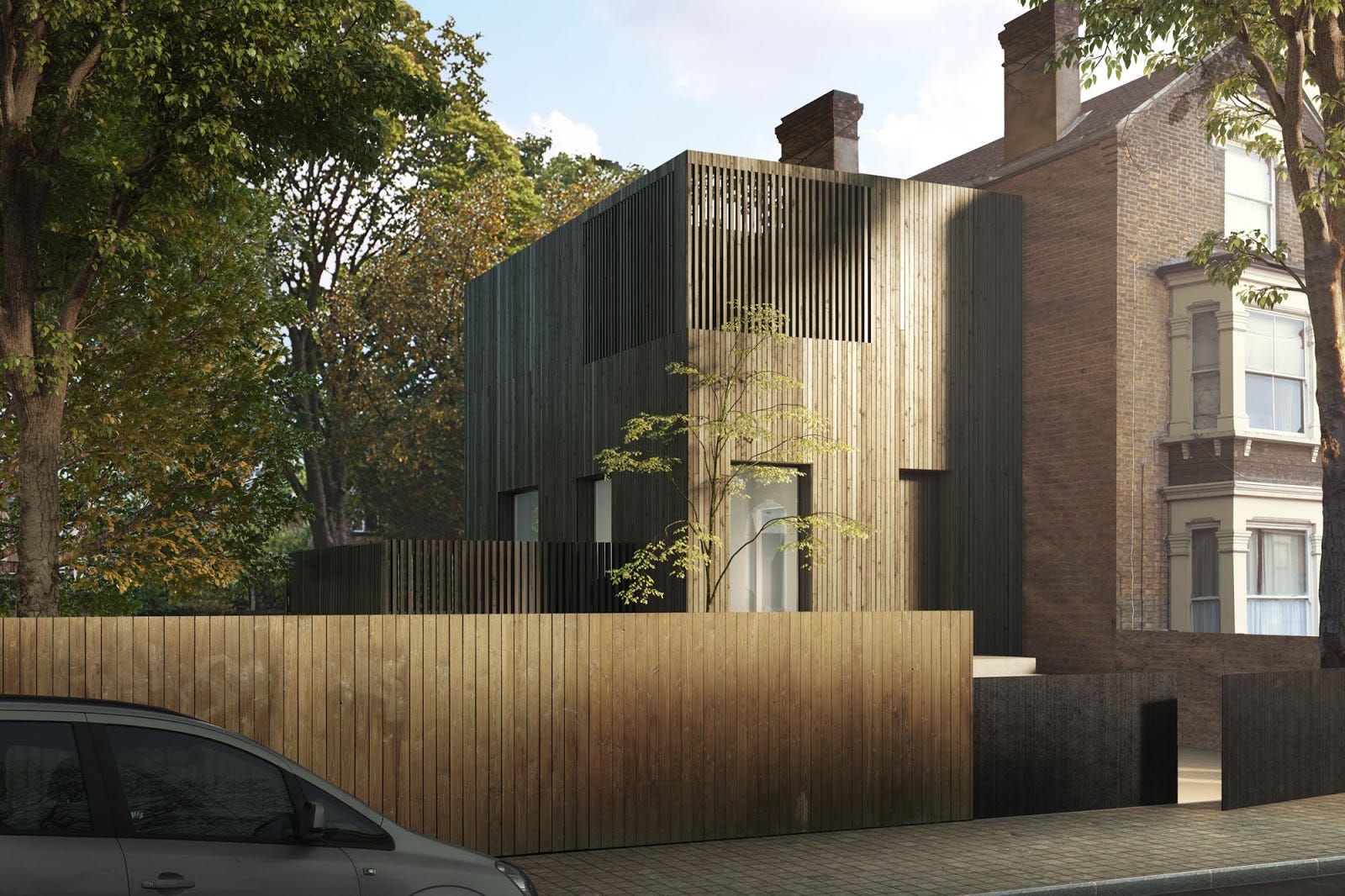
(Photo: Cube Haus)
This rectangular prefab house is the epitome of stylish simplicity but turns out surprisingly spacious. The architect-designed home comes in configurations of 2 to 4 bedrooms on the second floor, with an open-plan layout on the ground floor. Kiss House is made almost entirely of eco-friendly CLT (cross laminated timber) and is built under the Passivhaus standard, the international gold standard for energy efficiency. Its design and standard of energy have earned the startup several awards, among them being voted the best house in the UK under 2,500 sq.ft. in 2015. The turnkey 3-bedroom option comes in at only £270.000 and Kiss shipps to the UK, Ireland and New Zealand, with plans to add more territories soon.
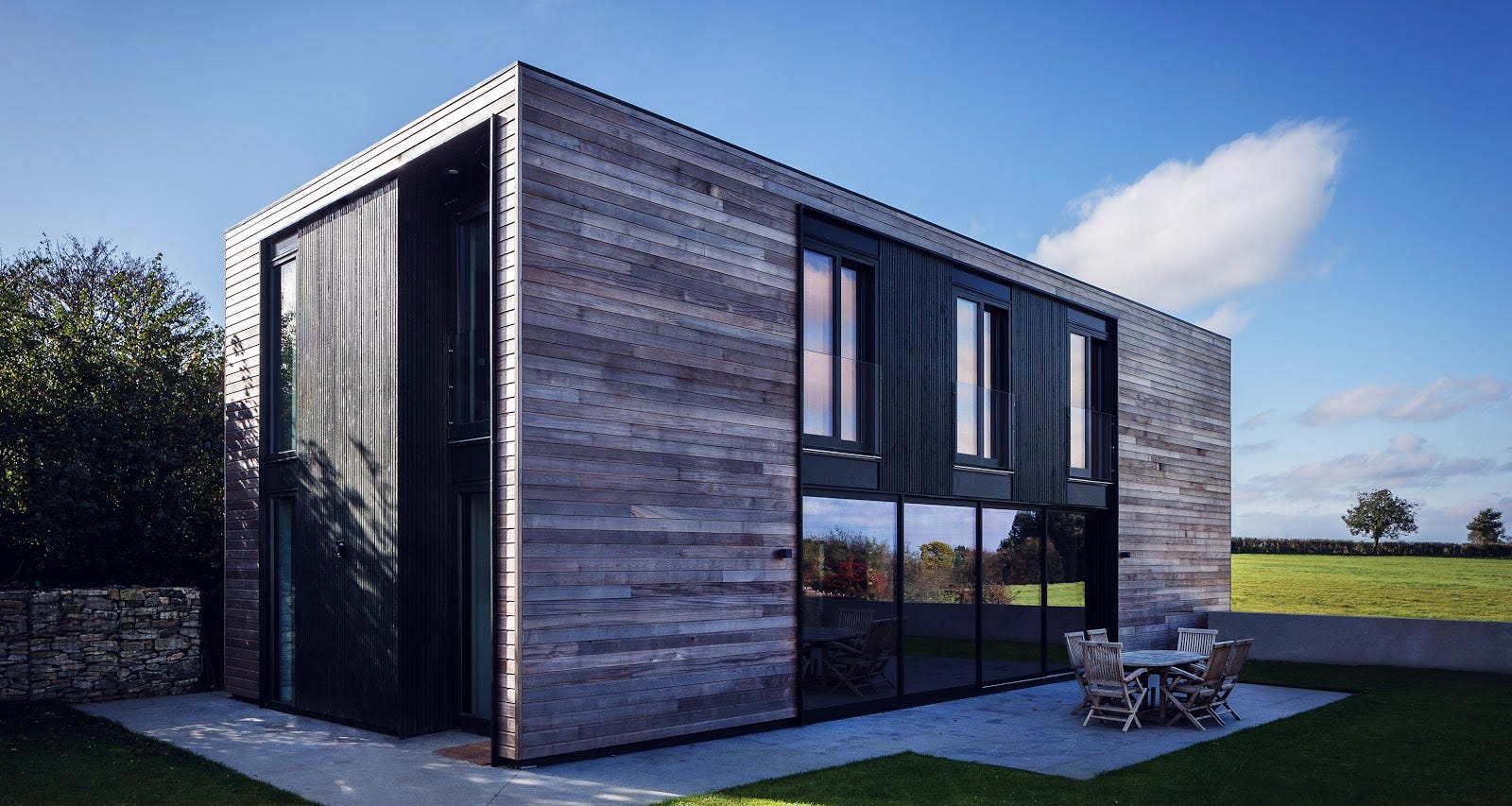
(Photo: Kiss House)
Plant Prefab is a spin-off from LivingHomes, one of the most well-established prefab companies in the US. When LivingHomes encountered difficulties relying on its external construction partners, it decided to found Plant Prefab and establish its own prefabricated home factory focused on sustainable construction, the first of its kinds in the US. Plant Prefab has raised $3 million led by Obvious Ventures, a venture capital fund headed by Twitter co-founder Ev Williams. The startup focuses on the “urban infill market” (empty or underdeveloped urban spaces) and hopes to make it easier, cheaper and faster for customers to build eco-friendly and high-quality homes in cities.
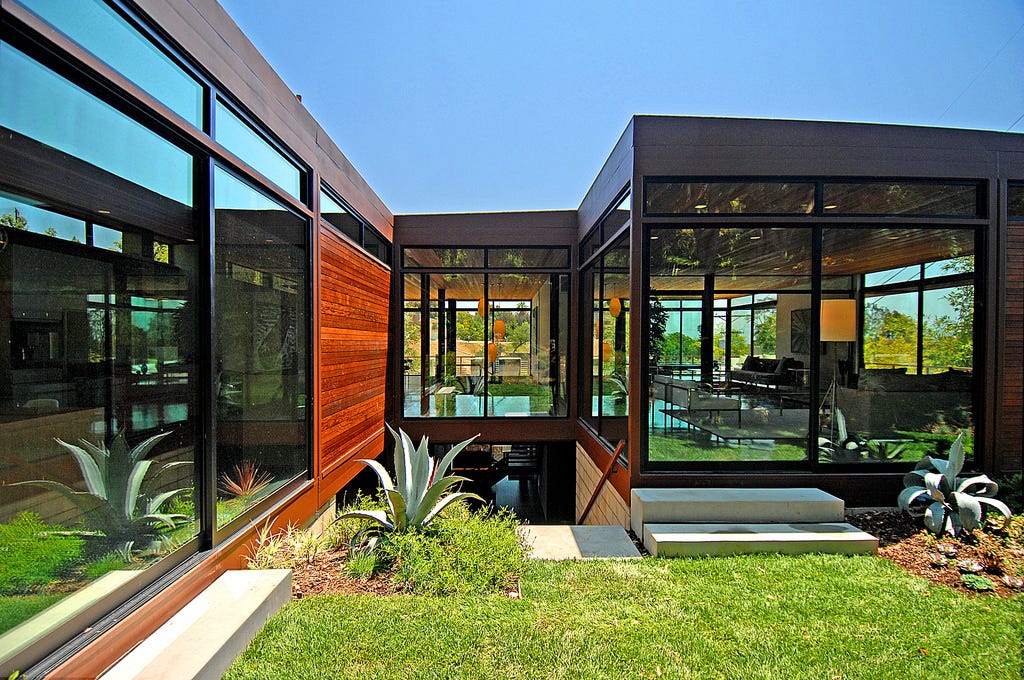
(Source: Plant Prefab)
Blokable´s vision is to create more affordable homes by bringing high-tech to construction and designing a modular and flexible building system for residential and retail spaces. Blokable was founded by Aaron Holm, a former Amazon product manager and has raised a total funding of $7.5 million from notable investors, among them Jason Calacanis (investor in Uber) and Microsoft cofounder Paul Allen. Blokable says it can reduce design times by as much as 70 percent and build a house in half the time compared to traditional builders. Its first product is MicroBloks, a unit of 25m2 that can be joined into student houses, homeless shelters or offices and costs approx. $85,000 for a furnished unit. The startup is also looking to expand into single-family homes soon.
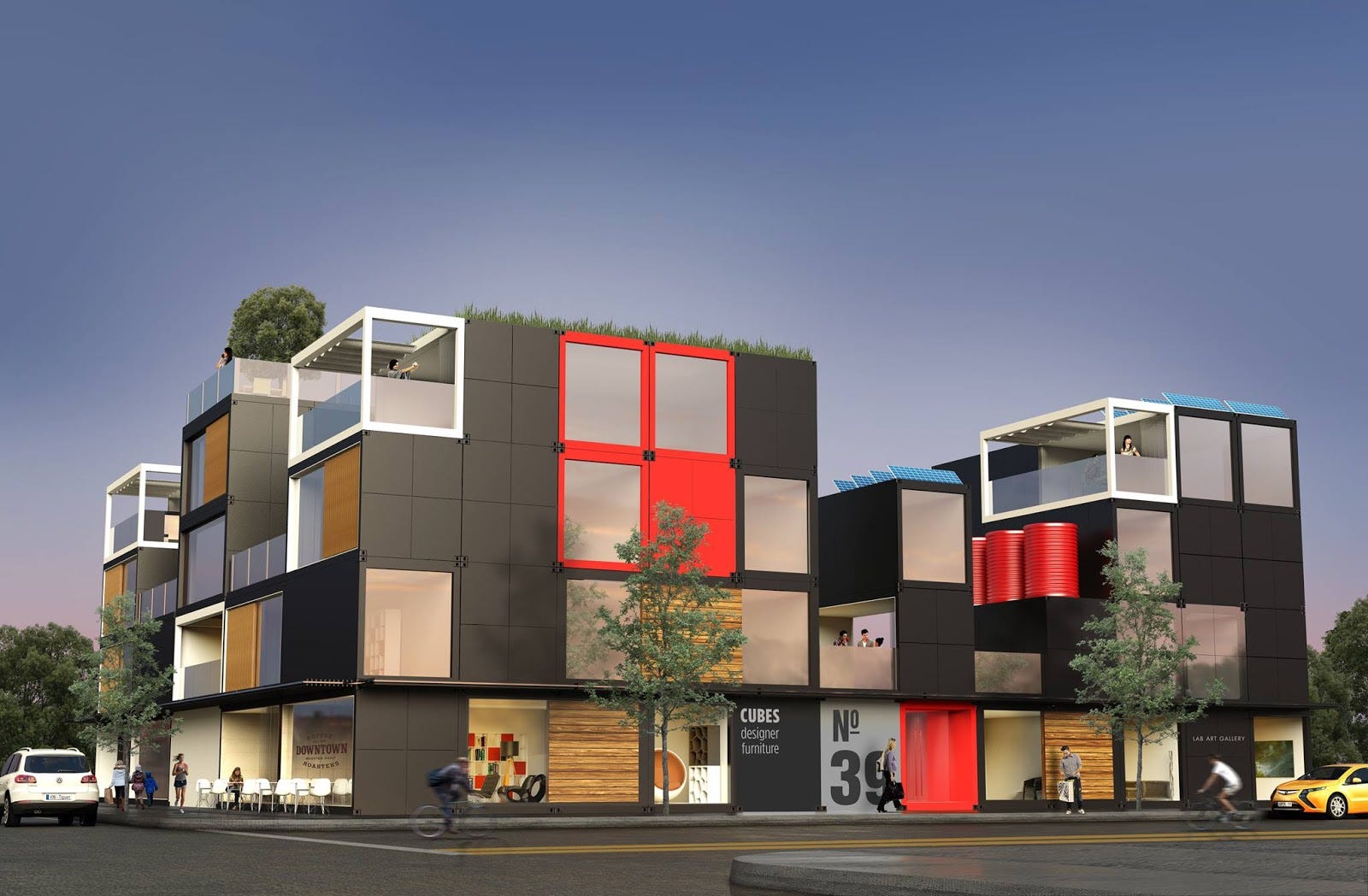
(Source: Blokable)
A home that grows with its owners? The Pittsburgh-based startup Module is turning this idea into reality. Its prefab homes are designed so that they can easily expand with the needs of its owners, for example when they get children or want to earn income with an added apartment for renting it out. The homes have roofs and walls that can be removed for more space to be added and Module also offers the option to buy additional packages such as new furniture or a smart home system. Unlike most other prefab startups, Module doesn´t build and construct the houses themselves. Instead, it sees itself as a design system for customized and easy-to-build homes that are manufactured and assembled by third-party contractors.
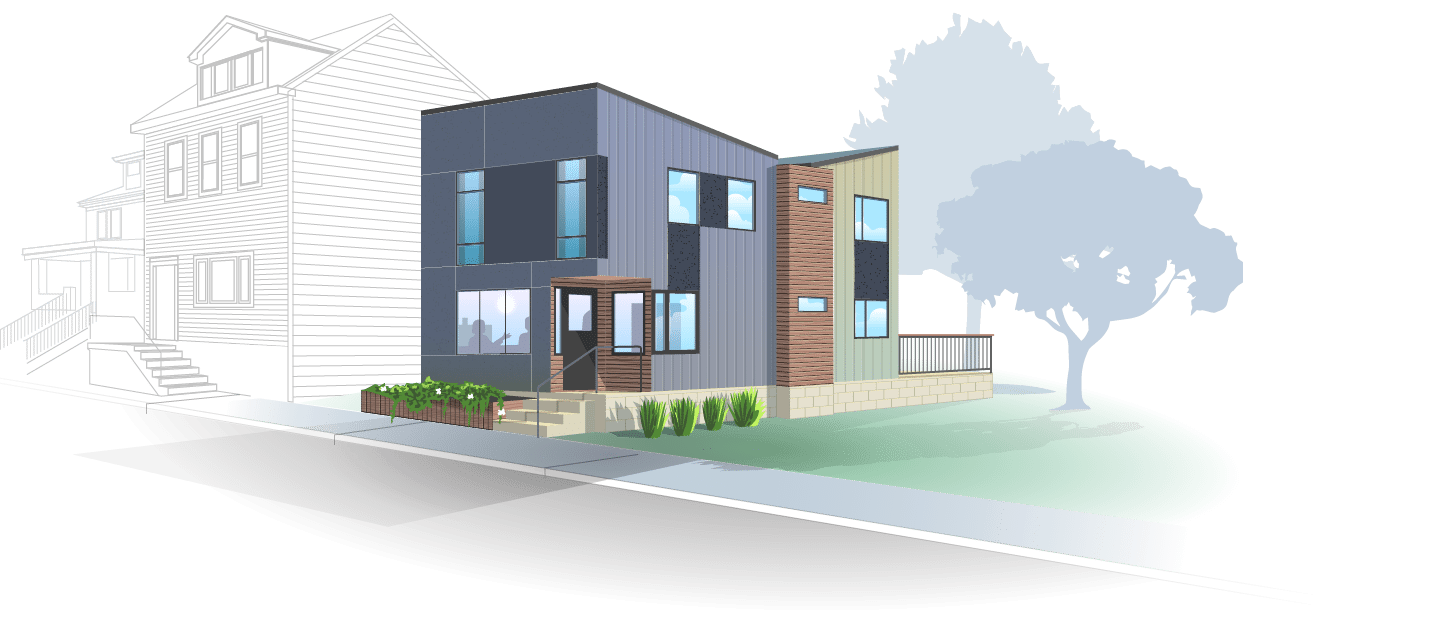
(Source: Module)
7. Revolution Precrafted (Philippines)
The startup to make perhaps the biggest splash in the prefab sector is Philippines-based Revolution Precrafted. Launched in 2015, Revolution Precrafted works with renowned architects and designers to create a range of different prefab structures that can be shipped in only a few months, from pavilions, to holiday cottages to full-sized living homes. Its latest round co-led by Singapore-based VC K2 Global brought the valuation to over US$1 billion and made it the first unicorn startup of the Philippines. Just in the last three-months, Revolution Precrafted landed a 3.2 billion deal for luxury villas in Dubai and won a bid to build 2.000 villas in Puerto Rico, next to other projects in Asia and abroad.
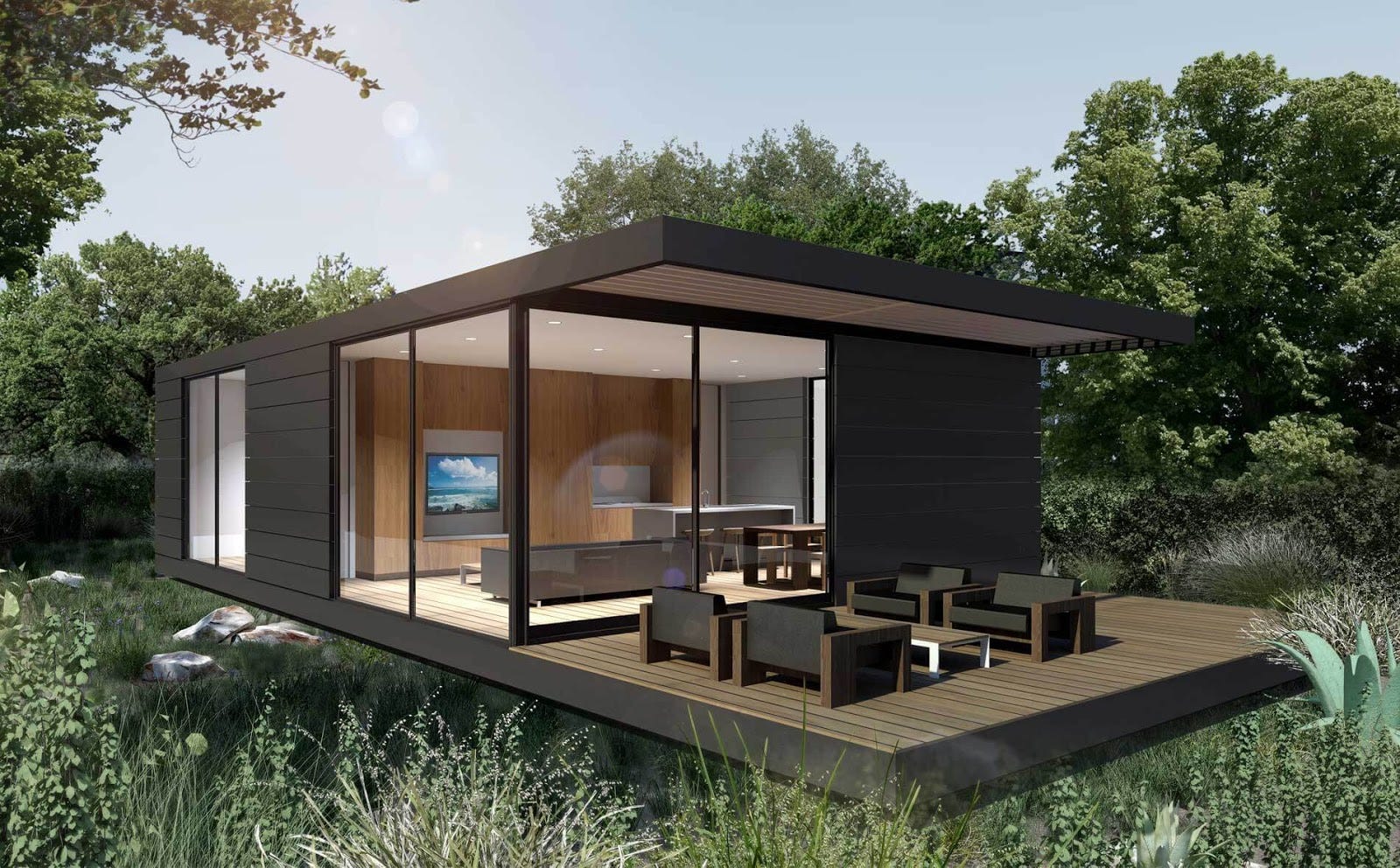
(Source: Revolution Precrafted)


